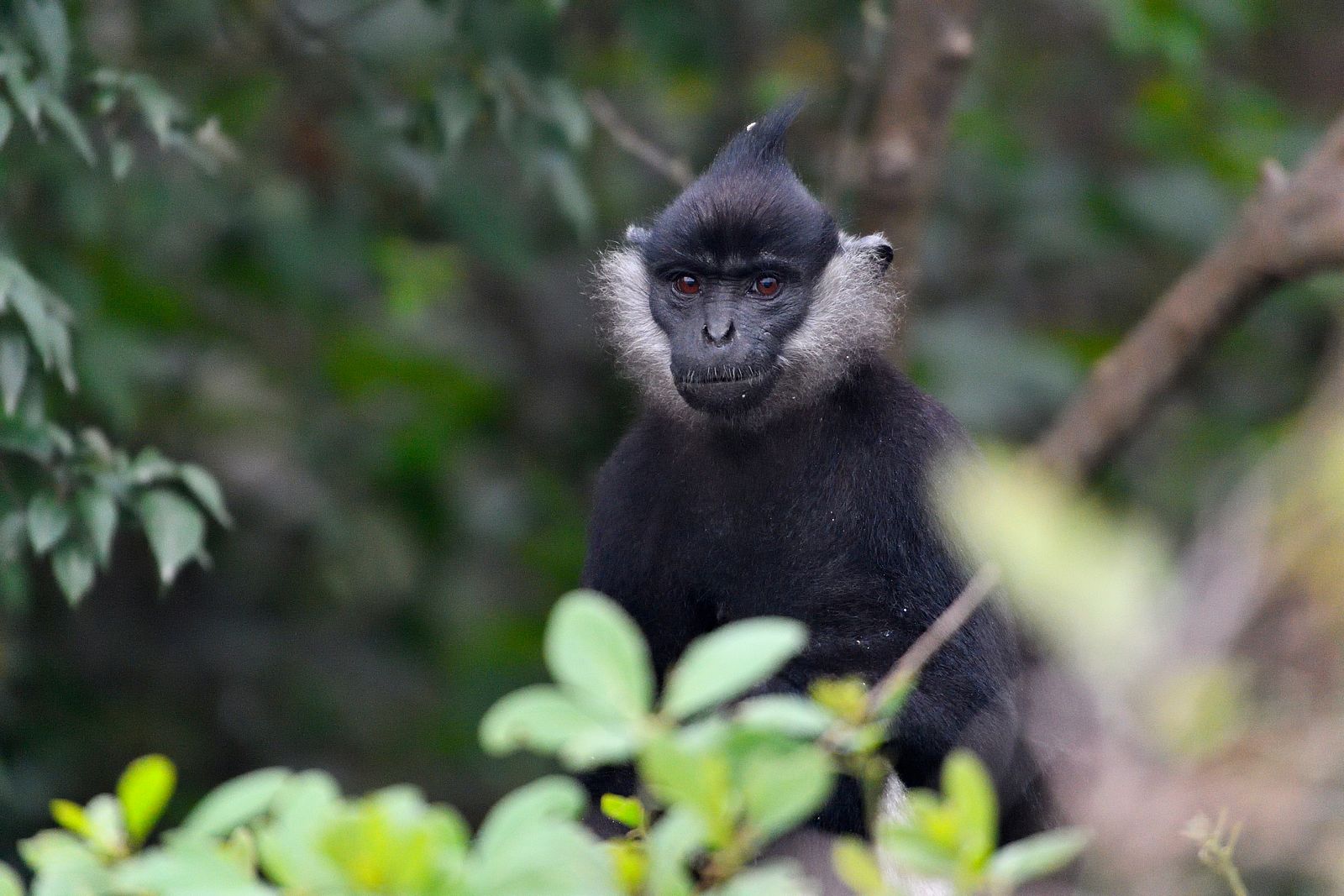On July 23, Prime Minister Nguyễn Xuân Phúc issued a new directive with the aim of tightening control against illegal wildlife trade and consumption.
With all evidence linking the origin of COVID-19 to animals, especially wild animals, the spotlight is finally shining on the global wildlife trade. Grasping this opportunity, hundreds of wildlife conservation organisations have been calling upon governments to take more action on the issue, recognising that there is a potential threat of another pandemic if no urgent action is taken.
With this and the issue of the current decline of Vietnam’s wildlife population in mind, on July 23, PM Phúc issued directive 29/CT-TTg on urgent solutions to manage wildlife.
The highlights of the directive include:
Stopping the importation of wild animals by closing down illegal wild animal markets, and by reinforcing and increasing the punishment for breaking these crimes
Improving the operational procedure for legal wildlife farms by strengthening measures for disease surveillance and wildlife hygiene, and strengthening procedure for inspection of wildlife raising activities
Banning the illegal buying, trading, possessing, transporting, killing, poaching, processing and advertising of wildlife products, as well as increasing the size of surveillance teams and punishment for such crimes, especially by government officials and their family members
Requesting the Ministry of Health monitor pharmaceutical businesses’ use of legal wildlife as elements in drugs
Improving the speed, priority and quality of investigation and prosecution of wildlife crime, and encouraging open public trials
Improving enforcement of borders and in markets
Raising awareness for communities living in border areas on the ban of illegal hunting, trading, farming wildlife;
Although the directive is a step in the right direction for the country, conservation groups have pointed out that this is not a wildlife trade ban, as has been reported elsewhere. For instance, Directive 5 (February 6, 2020) on prevention and combating COVID-19 already contained regulations on the use of wild animals in medicine and fashion products. This regulation has been repeated in Directive 29, however, with additional exemptions which potentially weaken the existing ban on wildlife imports.
The new directive calls for heightened enforcement of existing wildlife trade laws. However, this directive in many ways paves the way for future legal reform on wildlife consumption.
[Photo by Gregg Yan via Mongabay]















